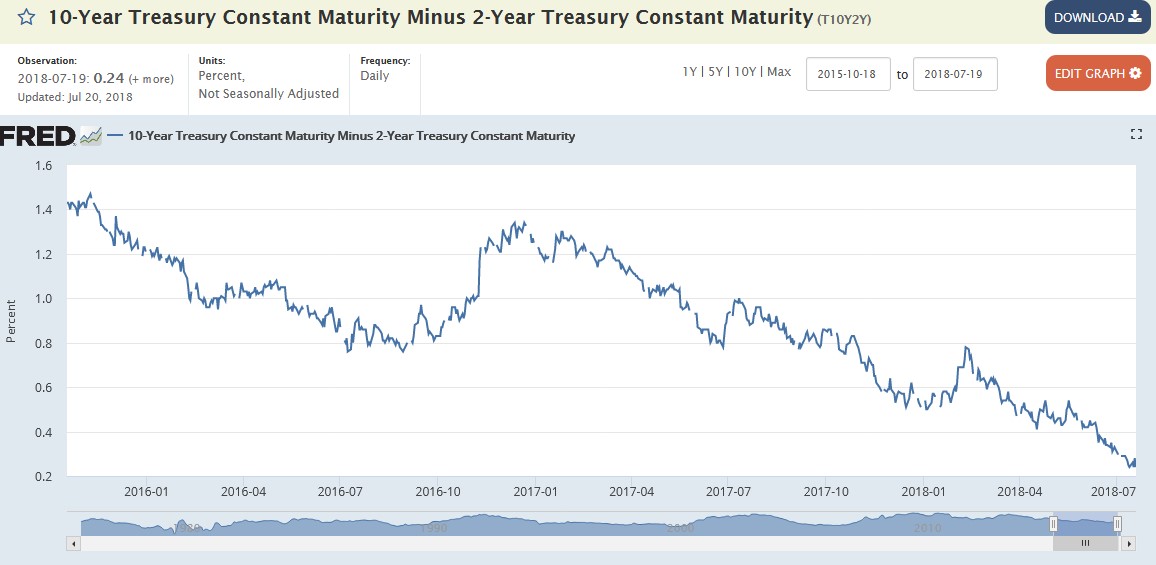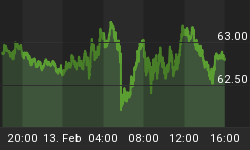U.S. banking stocks have become an enigma. Despite widely held expectations that rising interest rates and tax cuts would lift the industry, stocks in the space have continued to lag the broader market. The S&P 500 Index has returned 5.0 percent in the year-to-date compared with 0.07 percent by the Financial Select Sector SPDR Fund (XLF) and 4.4 percent by the SPDR S&P Banking ETF (KBE).
But one Wall Street guru, a top stock picker with an enviable track record, now says that Citigroup Inc.(NYSE:C) stock is about to get red-hot.
Edgar Wachenheim, chairman Greenhaven Associates, says that Citi shares are set to double over the next two years from the current price of $70.39 to more than $130 by 2020. That’s a huge vote of confidence, bearing in mind that the shares are down 5.6 percent YTD and have only climbed 6.7 percent over the past 12 months--badly lagging both the sector and the market.
Citigroup Inc. vs. KBE 12-Month Returns

(Click to enlarge)
Source: CNN Money
Sum of Parts
Wachenheim advances the usual tax rate argument, saying that Citi’s earnings projections of $9 per shares that the firm set in July last year is bound to jump to $10.20 by 2020 due to the tax boost. He assigns the stock a P/E multiple of 13 to arrive at $130, which does not seem like too much of a stretch given the stock’s median P/E of 12.66 over the past 13 years Related: Merger Mania Takes Hold In Middle East
However, he goes beyond that scope and points out that the market has grossly undervalued the different healthy businesses under the Citigroup umbrella. He highlights the bank’s Trade and Treasury Solutions, a business that it dominates with JPMorgan (NYSE:JPM), as “a very good business” that’s worth a multiple of more than 16 times earnings. He also notes the company’s ongoing success in its corporate cash management business.
Wachenheim’s sum-of-the-parts valuation of Citigroup is bound to confound anybody without intimate knowledge of the company’s complex operations.
In any case, investment banks like Citi are never the easiest to analyze. The man’s track record, however, speaks for itself—his New York-based Greenhaven has returned an average of 19 percent (before fees) annually over the past 30 years, nearly double the S&P 500’s 10 percent return over the timeframe. Greenhaven manages about $7.5 billion for wealthy individuals, nonprofits and endowment funds.
Wachenheim’s investment style mirrors Warren Buffett’s in certain ways--although the fund’s investment horizon of 3-4 years is not exactly Buffett-esque (Buffett prefers much longer periods), his preference for deep value stocks certainly is.
Flattening Yield Curve To Blame
Banks typically reap the rewards of higher interest rates since they are able to charge higher rates on loans. But the current cycle appears to be bucking the trend due to something the experts like to call a flattening yield curve.
Despite the Fed maintaining a regular cadence of a couple of interest rate hikes every year, the 10-year Treasury yield has not been keeping pace with the 2-year note leading to the yield curve becoming increasingly flat. The current reading of +0.24 percent represents an 11-year low and there are growing fears that the curve might flip in a matter of months, thus signaling the beginning of a recession.

(Click to enlarge)
With investors flipping out over such mundane nitty gritty, it’s going to be a minor miracle if the stock market avoids becoming a self-fulfilling prophecy.
By Alex Kimani for Safehaven.com
More Top Reads From Safehaven.com:

















